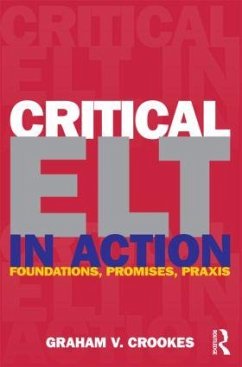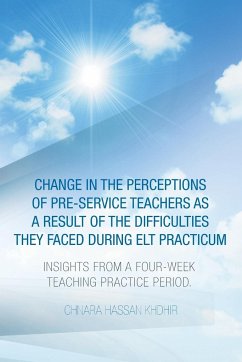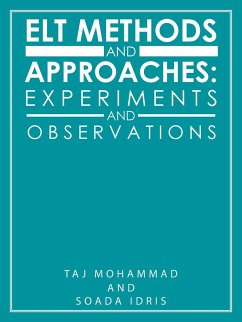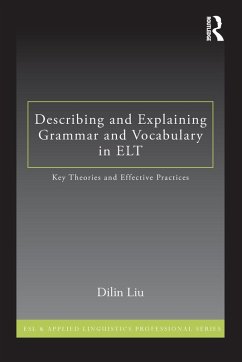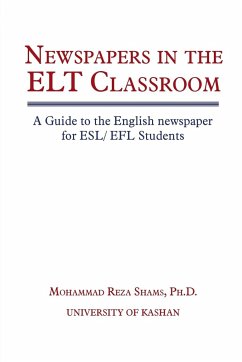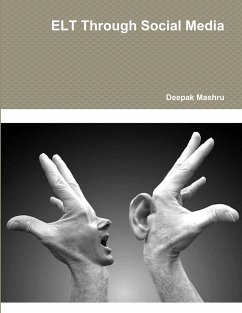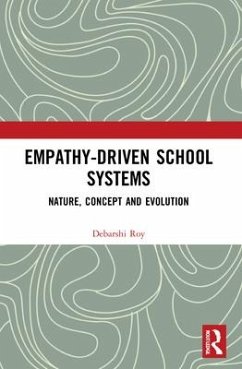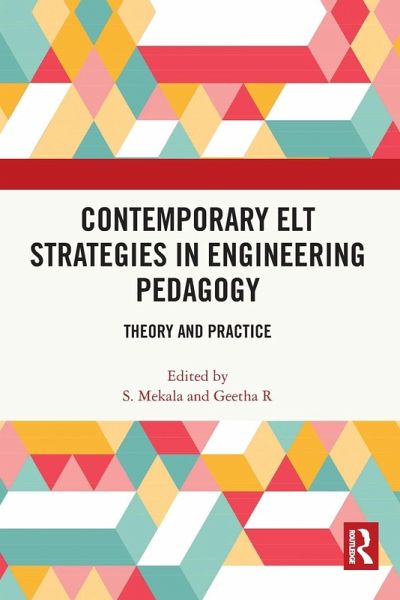
Contemporary ELT Strategies in Engineering Pedagogy
Theory and Practice
Herausgeber: Mekala, S.; R, Geetha
Versandkostenfrei!
Versandfertig in 1-2 Wochen
56,99 €
inkl. MwSt.

PAYBACK Punkte
28 °P sammeln!
This book explores innovative pedagogical practices and teaching and learning strategies in the engineering curriculum for empowered learning. It highlights the urgency for developing specific skill sets among students that meet the current market recruitment needs. The authors present a detailed framework for fostering a higher level of competence in students especially in their communication skills, their knowledge of media and technology tools, and their leadership skills. The book offers examples of new and effective teaching strategies including cognitive, metacognitive, and socio-affecti...
This book explores innovative pedagogical practices and teaching and learning strategies in the engineering curriculum for empowered learning. It highlights the urgency for developing specific skill sets among students that meet the current market recruitment needs. The authors present a detailed framework for fostering a higher level of competence in students especially in their communication skills, their knowledge of media and technology tools, and their leadership skills. The book offers examples of new and effective teaching strategies including cognitive, metacognitive, and socio-affective strategies which align well with the existing and evolving technical curriculum. The book will be of interest to teachers, students, and researchers of education, engineering, and higher education. It will also be useful for English language teachers, educators, and curriculum developers.





